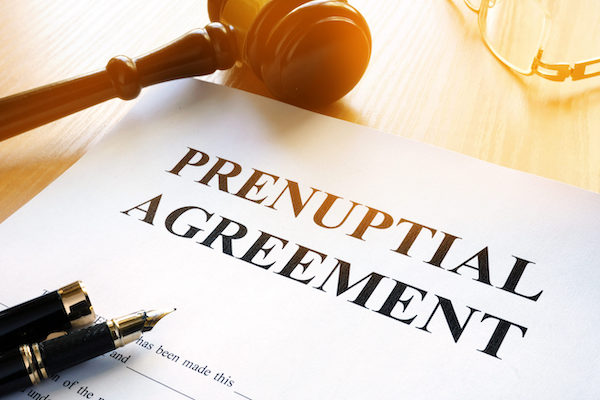Will Execution Requirements Under Florida Law
Under the Florida Probate Code, a will must be in writing, signed by the person making the will (the testator). At the end of the will, the testator must sign the will in front of two witnesses, and each witness must sign the will in front of each other and the testator. See Fla. Stat. Section 732.502(1) (2022). A properly notarized will helps the Florida court determine the validity of the will. The process of determining the will’s validity and then using it as a guide for distribution is often referred to as admitting the will to probate and administering the will. Notarizations for this purpose are often referred to as self-proving affidavits. Wills including them are considered self-proved. Self-proved wills allow for the admission of the will to probate without the necessity of admitting evidence on the validity of the will execution.
Florida Law Specifically Addresses Execution Requirements for Out-of-State Wills
The Florida Probate Code has an explicit exception from the general requirements described above to address wills signed by non-Florida residents in other states or countries. A will that is valid under the laws of the state or country where it was signed will be deemed valid in Florida. See Fla. Stat. Section 732.502(2) (2022). A will that satisfies this statute may be submitted for probate. It is important to understand that this statutory exception for out-of-state wills only applies to nonresidents of Florida. If a person is deemed to be a resident of Florida, but signs a will in another state or country, the will must meet the Florida specific requirements described above.

